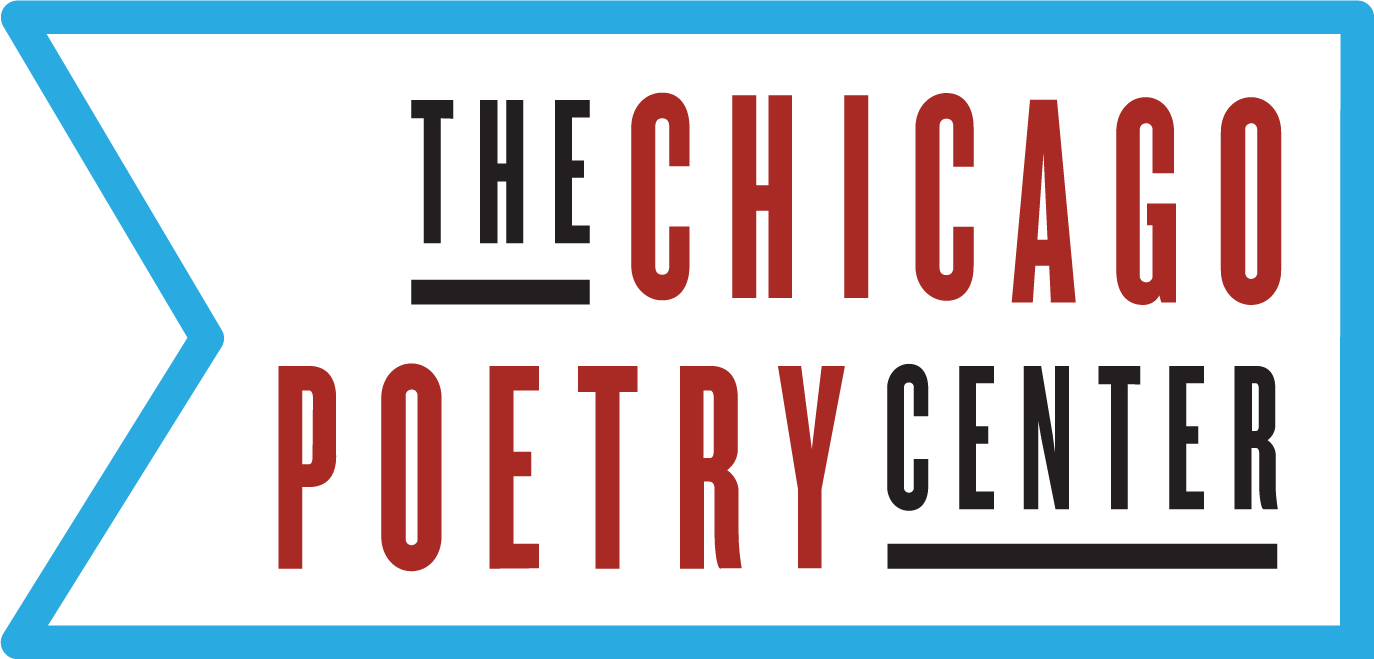Three Questions Q&A with Elizabeth Metzger Sampson (executive director, The Chicago Poetry Center), Timothy David Rey (poet, performer, and educator, The Chicago Poetry Center) and Yadeale Tamru (CPS Classroom Teacher, Miles Davis Elementary)

The Project…
Digital Creative Literary Curriculum
Location: Chicago, Illinois
The Chicago Poetry Center is creating a free, digital curriculum for teachers across Illinois to use in their classrooms. It harnesses the Poetry Center’s extensive online archive, a dynamic, interactive repository of diverse poetic voices, and provides teachers with carefully built lesson plans that meet middle and high school Illinois learning standards. All three educators featured here (Beth, Timothy, and Yadeale) were co-writers of the curriculum.
The Organization…
The Chicago Poetry Center
Founded in 1974, the mission of the Chicago Poetry Center is to connect people with poetry, equitably engage poets with communities, and foster creativity and literacy in schools.
Follow @chicagopoetrycenter: Website | Facebook | Instagram | Twitter
The Q&A…
Q1: How do you see the arts/culture/humanities as being essential?
Beth Sampson: Poetry is unique because it takes one of humanity’s most-used tools, language, and transforms it from to do lists and reports and linear sentences into an artistic medium that holds exceptional capacity for self-expression and creative expansion. Where other writing may require a narrative that explains how one got from point A to point Z, poetry allows you to drop straight into a moment or feeling. This makes poetry an exceptional vehicle for envisioning new possibilities and for social emotional reflection and expression.
I’ve asked my colleagues, the co-writers of this curriculum to share why they find this particular project essential:
Timothy David Rey: The important and far-reaching work of poetry and making poetry accessible, pleasurable and current is once again being revisited in today’s world. This curriculum aims to assist with all those goals and more!
Yadeale Tamru: This work exposes students to writers that look like them and share their experiences. It shows them that poetry is more than the classics, it’s their stories, their lives.
Q2: What is the most important thing people should know about your work?
Beth Sampson: The Chicago Poetry Center believes in providing platforms for Chicago poets and Chicago students.
We’re the largest in-classroom poetry residency program in Chicago, with schools spanning from Hegewisch to O’Hare. We support the careers of Chicago poets while providing creative literacy programs in classrooms, after school, and in “pop up” performances. Our philosophy is that great learning and personal development occur when we are engaged with relevant, thoughtful materials, and our programs seek to do just that—connecting students to joy, inquiry, and deep engagement through poetry. Students are published weekly, and thousands of young Chicagoans’ original poems can be read on our site.
Our reading series, when its able to safely occur in-person, rotates venues and neighborhoods monthly, providing roving access to readings across the city. Recent performances have been held in the Garfield Park Conservatory, Stony Island Arts Bank, the Museum of Contemporary Photography and in Northwestern’s observatory. Our new curriculum includes ten lessons on recent readers in this series—ten lessons utilizing poetry by ten young poets with deep ties to Chicago.
Q3: Who makes your work possible?
Beth Sampson: This work takes a community and makes community, and I could happily go on forever about the magnificent people in our CPC world. CPC Poets in Residence (teaching artists) are with young people daily, facilitating this work in and outside of classrooms, building trust and powerful creative mentorships with students. Our teaching artists are able to thrive in educational Poetry Residencies because of the wonderful partnerships our classroom teachers provide in their classrooms. School Principals make participation in their school communities possible. Our Programs Manager has provided critical support to classrooms this year, building out digital remote learning supports to augment our streaming lessons. We are very lucky to have an exceptional board that uplifts and amplifies our work. Our interns provide exceptional support to all of our work. CPC funding partners and donors make this work financially possible, and are exceptional, thoughtful collaborators in program growth. Chicago poets and Chicago’s young people are at the center of everything we do and are of the utmost importance to our work. This constellation of community members who collectively believe in the power of poetry make our work possible, and we are so grateful for this exceptional and vibrant community.
Anything else you’d like to add?
Beth Sampson: We’re grateful to Illinois Humanities as long-time partners and collaborators with the Chicago Poetry Center. Illinois Humanities has been a wonderful champion, facilitating the wider spread of our programmatic impact, while continuously offering additional support to our team through trainings and partnership opportunities.
About The Illinois Humanities Grantee Partner Spotlight
Illinois Humanities highlights the work of our Community Grants program partners through our “Grantee Spotlight.” It shines the light on our grantee partner’s work, offering details about the organization and the funded project, as well as a Q&A with a team member at the organization. More: ILHumanities.org/Spotlight
About Illinois Humanities
Illinois Humanities, the Illinois affiliate of the National Endowment for the Humanities, is a statewide nonprofit organization that activates the humanities through free public programs, grants, and educational opportunities that foster reflection, spark conversation, build community and strengthen civic engagement. We provide free, high-quality humanities experiences throughout Illinois, particularly for communities of color, individuals living on low incomes, counties and towns in rural areas, small arts and cultural organizations, and communities highly impacted by mass incarceration. Founded in 1974, Illinois Humanities is supported by state, federal, and private funds.
Learn more at ilhumanities.org and on Facebook, Twitter, Instagram, and LinkedIn @ILHumanities.
